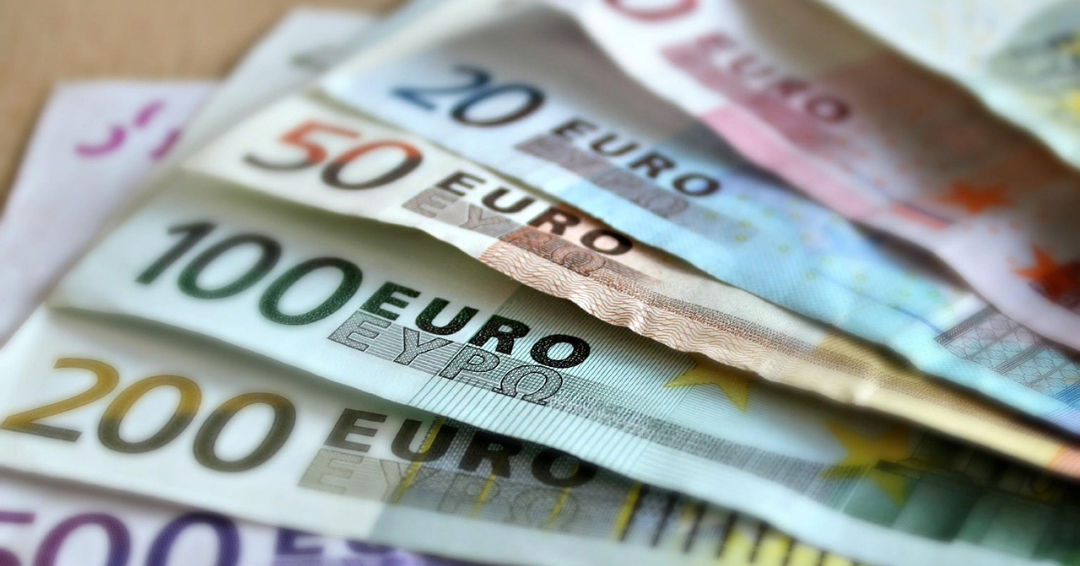The EU Commission is providing €3.6 billion to 41 clean tech projects through the EU Innovation Fund. These projects align with the REPowerEU Plan and aim to reduce reliance on Russian fossil fuel imports. Industries like cement, steel, advanced biofuels, sustainable aviation fuels, wind, solar energy, and renewable hydrogen will benefit from this funding. The initiative will facilitate the transition to green practices in challenging-to-decarbonize sectors of the European economy.
The chosen projects span 15 EU countries (Austria, Belgium, Croatia, Czechia, Denmark, Finland, France, Germany, Greece, Ireland, Italy, the Netherlands, Portugal, Spain ,Sweden) and Norway. These projects, set to be operational by 2030, could collectively prevent 221 million tonnes of CO2 emissions within their initial decade of operation. The 41 projects are categorized into four areas: general decarbonization, industry electrification and hydrogen, clean tech manufacturing, and mid-sized pilots.
Under the "general" decarbonization category, 8 projects worth €1.4 billion have been approved. These projects cover 3 from refineries and 5 from the cement and lime sector.
Under the "industry electrification and hydrogen" category, 13 projects amounting to nearly €1.2 billion have been selected. These projects encompass 6 related to renewable hydrogen production and 7 centered on hydrogen utilization in sectors like the chemical industry, refineries, and steel.
In the "clean tech manufacturing" segment, 11 projects totaling approximately €800 million have been chosen. These projects encompass 4 focusing on electrolyzer manufacturing, 4 related to batteries (including recycling), and 3 centered on photovoltaic panels and modules.
Under the "mid-sized pilots" category, 9 projects with a value of €250 million have been selected. These projects consist of 2 related to wind energy, 2 to ocean energy, 2 to chemicals, and projects in the glass sector, carbon capture, and e-fuels.
Independent experts evaluated the chosen projects using five criteria: reduction of greenhouse gas emissions compared to conventional technologies, degree of innovation, operational, financial, and technical readiness, scalability, and cost-effectiveness.
Source: The European Commission

